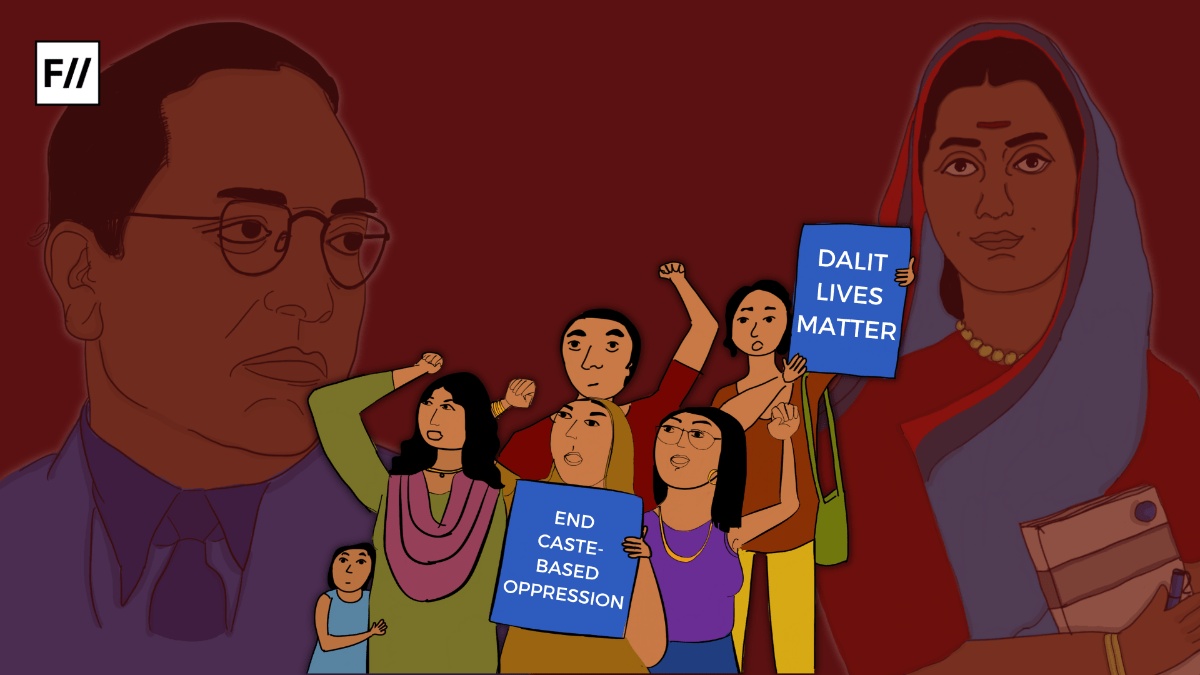One of the most prominent universities in India, Delhi University, has recently removed some important works of Dalit feminist literature like Bama’s Sangati (Events), Mahashweta Devi’s Draupadi and Sukirtharani’s Kaimaaru. It became an issue of national importance in academia that led to debates on identity and representation.
The Oversight Committee responsible for bringing the syllabus change came up with multiple arguments to defend its stance. On the other hand, there were a large number of feminists and activists who were critical of the same.
The three texts, Bama’s Sangati (Events), Mahashweta Devi’s Draupadi and Sukirtharani’s Kaimaaru, are extremely important for understanding the position, location, challenges and lives of Dalit and Adivasi women in India.
The Delhi University syllabus change has been viewed as an attempt to curb representation by Dalit feminists. The three texts, Bama’s Sangati (Events), Mahashweta Devi’s Draupadi and Sukirtharani’s Kaimaaru, are extremely important for understanding the position, location, challenges and lives of Dalit and Adivasi women in India.
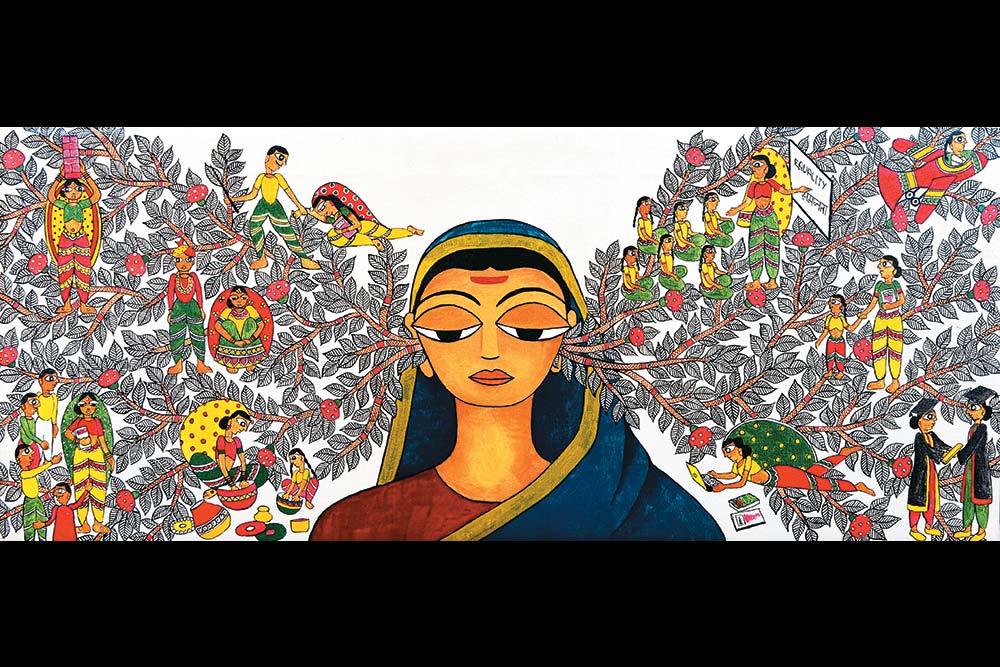
Bama and Sukirtharani are Dalit women writers. Sukirtharani looks at the syllabus change from the perspective of suppression of marginalised voices while Bama looks at it from the dimensions of gender and sees this as suppression of women’s voices.
The culture of silence and Dalit feminist literature
In his book, Pedagogy of the Oppressed, Paulo Freire developed the idea of a ‘culture of silence’. According to Freire, the education system propagates the ‘culture of silence’ in which students become recipients who are only expected to listen. The concept also applies to the relationship between the oppressor and the oppressed. The oppressors have the power of authority and are viewed as people who know everything, whereas the oppressed are dominated, and the knowledge available to them is regulated.
The Delhi University BA English Hons Syllabus change also promotes the ‘culture of silence’ in many ways. Firstly, the narratives from Dalit feminist literature that have been scrapped come from the margins. The characters in the novel, story and poem face triple marginalisation. They are burdened by problems arising out of discrimination based on gender, caste and class.
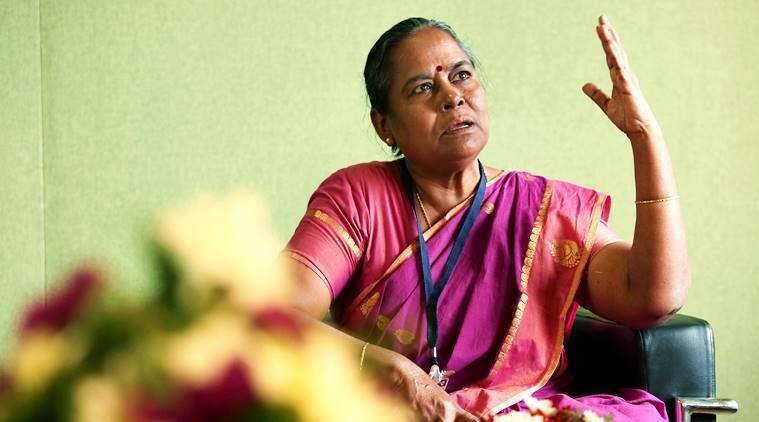
Secondly, the writers Bama and Sukirtharani also come from the margins. Their experiences are a part of their narratives. Both the author and the major characters in the case of Bama’s Sangati (Events) and Sukirtharani’s Kaimaaru are Dalit women from low socio-economic backgrounds. Thus, they fall into the category of the oppressed based on caste and gender discrimination, their struggles due to their intersectional identities and their constant fight for day-to-day resources due to their financial status.
Voices from the margins must speak about their struggle as it would lead to awareness among the privileged people reading it.
Thirdly, their stories are equally important to be a part of the mainstream narratives. Voices from the margins must speak about their struggle as it would lead to awareness among the privileged people reading it.
Fourthly, an erasure of the existence of the caste system and the struggle associated with this would lead to an absence of discussions on these pertinent issues. It would lead to a generation of people blind to the real-life problems of the people cohabiting in this world with them.
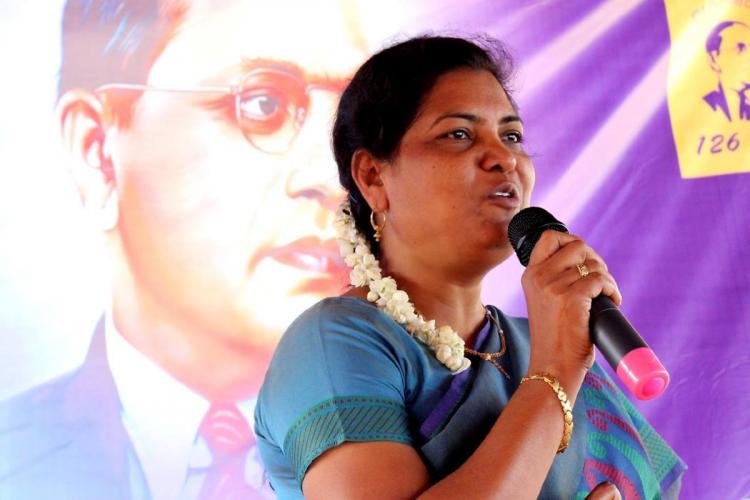
For instance, people of privileged caste and class would never understand the problems of Dalits and Adivasis from low socio economic backgrounds. And the ones who face these struggles would never feel validated or confident enough to voice themselves. This way, the oppressors’ worldview will keep occupying the mainstream spaces.
Epistemic violence through the erasure of Dalit feminist voices
Epistemic violence is closely associated with ‘othering’ a group or an individual. The ‘other’ constitutes the people from the marginalised groups who have limited rights. Understanding epistemic violence allows recognising different ways in which othering is done and how it can be countered. It is necessary to find solutions to othering.
Understanding epistemic violence allows recognising different ways in which othering is done and how it can be countered. It is necessary to find solutions to othering.
In the context of the Delhi University BA English Hons syllabus change creates a curriculum and a generation of students who will not recognise the atrocity faced by the Dalits and Adivasis in India, the triple marginalisation faced by Dalit women in India, and the evils of the caste-system which is the propagation of an upper-class upper caste world view which neglects the very real problems concerning discrimination.
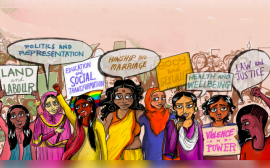
The concept of symbolic power leads us to the concept of symbolic violence. According to Bourdieu, every action has a political purpose. The privileged who hold the social power use it for their benefit by not recognising and erasing the narratives of the marginalised.
In the context of Dalit feminist literature or women’s writing from the margins, for Dalit writers like Bama and Sukirtharani, the scrapping of the part of the syllabus that consists of their works leads to the erasure of the narratives from the margins.
Resistance against the erasure of Dalit feminist narratives
My conversations with the students and professors from the Department of English, University of Delhi, for my MA dissertation revealed that the scrapped works are still taught in class as an act of resistance against the step taken by the Oversight Committee. In addition, in one of the prominent colleges of Delhi University, Sukirtharani was invited for a talk after the syllabus change. One of the participants said:
‘We, feminists, will never stop teaching feminist texts. We know the importance of the arguments raised in the texts, the need for these texts to reach a large number of people and to subvert the right-wing domination of women in every field of life. Our English Department even called Sukirtharani for a talk after the syllabus change. As a feminist, I will keep teaching Bama and Sukirtharani to my students.‘

After the syllabus change, there were many colleges and institutes that were conducting online sessions for re-reading the three texts – Bama’s Sangati (Events), Mahashweta Devi’s Draupadi and Sukirtharani’s Kaimaaru. The sessions were mostly online, as many educational institutions were closed due to the Covid-19 pandemic. I took part in those events and thus includedthem in my research.
Reclaiming space through Dalit feminist literature
The contemporary times are witnessing a regulated field of appearance. The people who work or write in favor of the state are recognised and recognisable, while the dissenting voices are ‘othered’ or are not worth recognising. The lack of a recognisable status also refers to one’s unworthiness in society.
The politics of power and position and the aspect of money become crucial. In these situations, being politically docile becomes a better option for many. However, there are many writers and academicians who write what they feel is the truth. The State gets offended and becomes defensive many times. But, their action to reclaim space and their spirit to fight for truth motivates many.
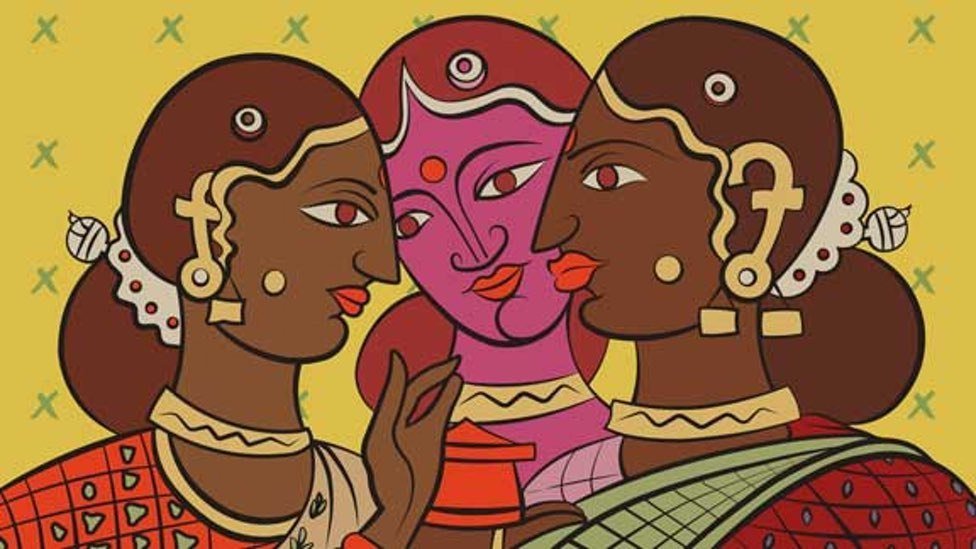
Bama and Sukirtharani have re-claimed space as Dalit women by putting their experiences through fiction. Bama says in one of her interviews: ‘They are afraid of our texts; thus they have removed it. This means we are doing substantial work.’
